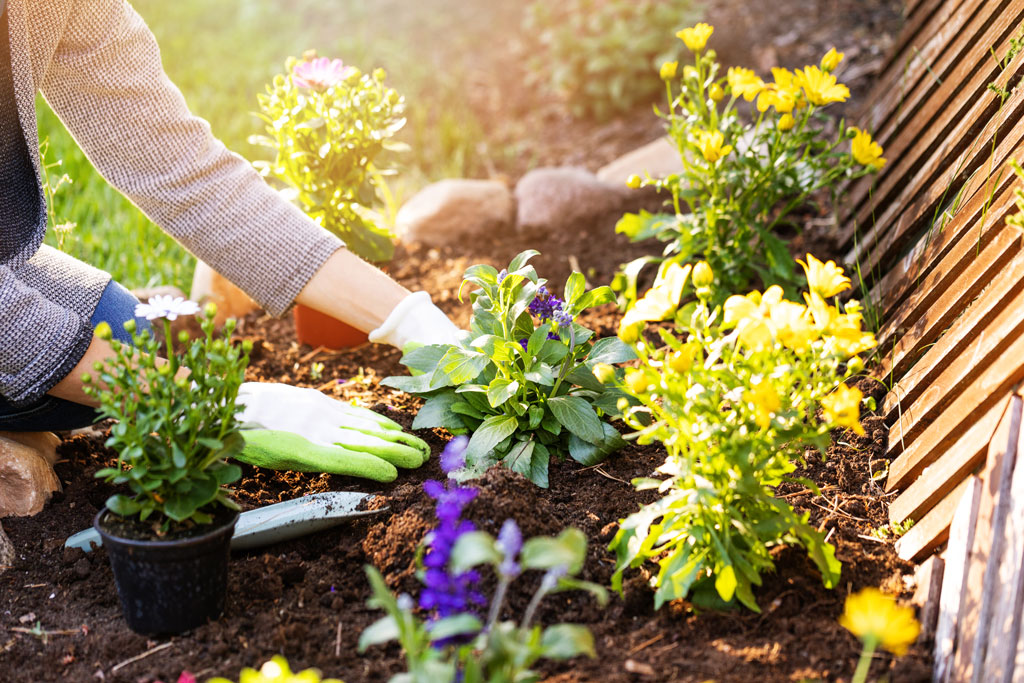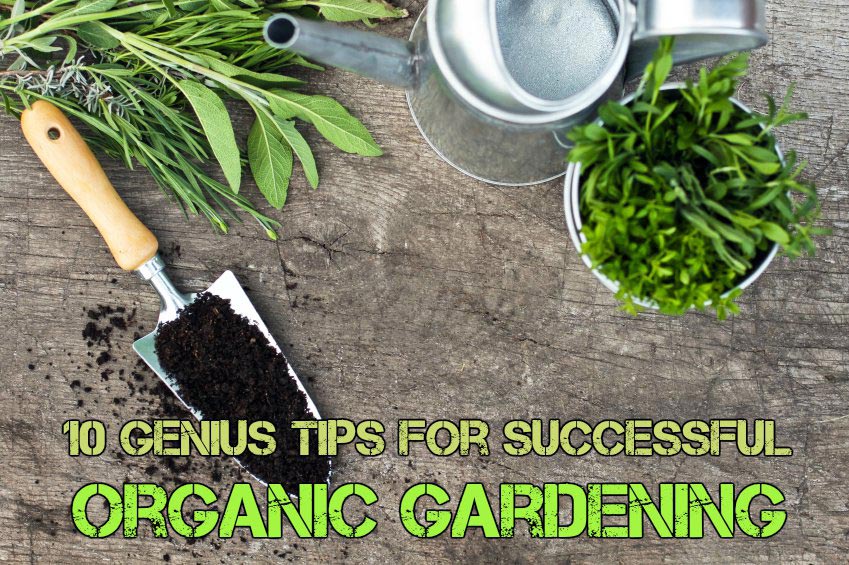Eco-Friendly Gardening: Tips for Beginners

Are you ready to cultivate a greener, healthier planet right in your backyard? Eco-friendly gardening isn't just a trend; it's a lifestyle that nurtures both you and the environment. Whether you're a seasoned green thumb or a novice looking to start your sustainable gardening journey, this beginner's guide is your roadmap to success. Let's dive in and explore the world of eco-friendly gardening tips for beginners.
Understanding Eco-Friendly Gardening
Eco-friendly gardening is about more than just growing plants; it's about creating a harmonious ecosystem that benefits both you and the environment. By adopting sustainable practices, you can reduce your carbon footprint, conserve water, and promote biodiversity. Think of your garden as a miniature ecosystem where every element plays a crucial role.
Why Go Eco-Friendly?
In today's world, sustainability is not just a buzzword; it's a necessity. By embracing eco-friendly practices, you're contributing to a healthier planet. Imagine your garden as a sanctuary for wildlife, a place where bees and butterflies thrive, and where every drop of water is used wisely. Sounds like a dream, doesn't it?
Getting Started: The Basics of Eco-Friendly Gardening
Choose the Right Plants
Selecting the right plants is the first step towards a thriving eco-friendly garden. Opt for native plants that are well-adapted to your local climate. These plants require less water and are more resistant to pests and diseases. Plus, they attract local wildlife, creating a vibrant ecosystem in your backyard.

Composting: Nature's Recycling
Composting is the heart of eco-friendly gardening. It's like giving your garden a superfood boost. By recycling organic waste, you create a nutrient-rich soil amendment that promotes healthy plant growth. Plus, it reduces the amount of waste sent to landfills. Win-win!
Water Wisely
Water is a precious resource, and every drop counts. Install a rain barrel to collect rainwater for your garden. Use drip irrigation systems to deliver water directly to plant roots, minimizing waste. And remember, watering in the early morning or late evening reduces evaporation, ensuring your plants get the most out of every drop.
Organic Tips for a Healthy Garden
Natural Pest Control
Chemical pesticides are a no-go in eco-friendly gardening. Instead, opt for natural pest control methods. Companion planting, where you plant certain plants together to deter pests, is a great strategy. For example, marigolds repel nematodes, while mint deters ants and rodents.
Mulching: A Gardener's Best Friend
Mulching is like giving your garden a protective blanket. It helps retain moisture, suppresses weeds, and regulates soil temperature. Use organic materials like wood chips, straw, or leaves for the best results.
Soil Health: The Foundation of Your Garden
Healthy soil is the foundation of a thriving garden. Regularly test your soil pH and nutrient levels. Adding organic matter like compost improves soil structure and fertility. Think of it as giving your plants a strong foundation to grow on.
Eco-Friendly Practices for Every Gardener
Reduce, Reuse, Recycle
The three Rs apply to gardening too. Reduce waste by choosing biodegradable products. Reuse old pots and containers. Recycle organic waste through composting. Every small step counts towards a more sustainable garden.
Attract Beneficial Insects
Beneficial insects like bees, ladybugs, and lacewings are your garden's allies. Plant flowers that attract these helpful critters. They'll pollinate your plants and keep pests at bay, creating a natural balance in your garden.
Embrace Permaculture
Permaculture is a holistic approach to gardening that mimics natural ecosystems. It's about creating a self-sustaining garden that works with nature, not against it. By integrating different elements like plants, animals, and water, you create a harmonious and resilient garden.
Conclusion: Growing a Greener Future
Eco-friendly gardening is more than just a hobby; it's a commitment to a healthier planet. By adopting sustainable practices, you're not just growing plants—you're cultivating a greener future. From choosing the right plants to composting and watering wisely, every step you take brings you closer to a thriving, eco-friendly garden.
So, are you ready to get your hands dirty and make a difference? Your garden is waiting, and the planet is counting on you. Happy gardening!
FAQs
What are the benefits of eco-friendly gardening? Eco-friendly gardening promotes biodiversity, conserves water, reduces waste, and creates a healthier environment for both you and the planet.
How do I start composting? Start by collecting organic waste like fruit and vegetable scraps, yard trimmings, and coffee grounds. Layer these materials with carbon-rich materials like leaves and straw in a compost bin. Turn the pile regularly to aerate it, and within a few months, you'll have nutrient-rich compost.
What are some common native plants? Native plants vary by region, but some common examples include black-eyed Susans, coneflowers, and milkweed. Check with your local nursery or gardening club for recommendations specific to your area.
How can I attract beneficial insects to my garden? Plant flowers that attract beneficial insects, such as bee balm, aster, and yarrow. Provide a water source and create habitats like bee houses to encourage these helpful critters to visit your garden.
What is permaculture, and how can I incorporate it into my garden? Permaculture is a design system that mimics natural ecosystems to create sustainable and self-sufficient gardens. You can incorporate permaculture principles by integrating different elements like plants, animals, and water, and by designing your garden to work with nature rather than against it.

By following these eco-friendly gardening tips for beginners, you'll be well on your way to creating a beautiful, sustainable garden that benefits both you and the environment. Happy gardening!
0 Response to "Eco-Friendly Gardening: Tips for Beginners"
Post a Comment